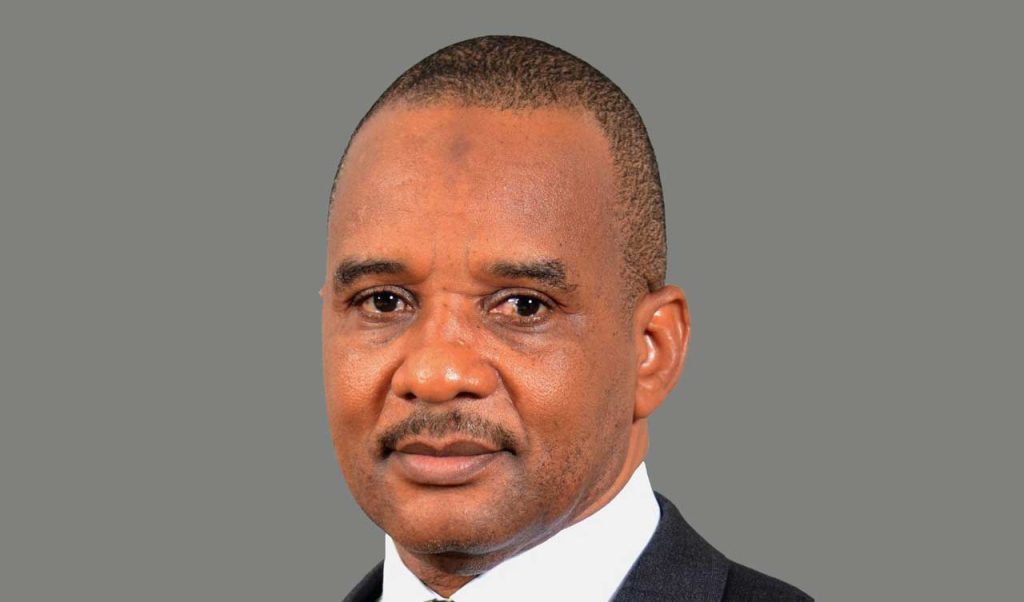Despite recent shifts in Nigeria’s political landscape, Nasir El-Rufai, the former governor of Kaduna State, remains a consulted figure within the ruling All Progressives Congress (APC), according to a key party official. Bashir Jamoh, a prominent APC leader in Kaduna, clarified on Thursday that while El-Rufai has aligned with opposition groups, formal ties with the party have not been severed.
Jamoh, a former Director-General of the Nigerian Maritime Administration and Safety Agency (NIMASA), emphasized during a press briefing in Kaduna that El-Rufai’s advice continues to shape APC strategies. “When we need his guidance, we consult him, and he contributes without charging a fee,” Jamoh stated, dismissing speculation of a definitive split. He likened El-Rufai’s historical significance to the party to nurturing a child: “You cannot disown your child after eight years. He governed Kaduna under the APC and helped build this party long before its formation.”
El-Rufai’s political trajectory has drawn attention in recent months. After resigning from the APC in 2024, citing concerns over internal democracy under President Bola Tinubu’s leadership, he briefly joined the Social Democratic Party (SDP) before aligning with a coalition backing the African Democratic Congress (ADC). His moves fueled speculation of a fracture with his former party. However, Jamoh reiterated that El-Rufai remains a registered APC member, highlighting his past roles in the Peoples Democratic Party (PDP) and the Congress for Progressive Change (CPC), which merged with other groups to form the APC in 2013.
The Kaduna APC’s reluctance to sever ties underscores El-Rufai’s enduring influence in northern politics and the party’s recognition of his contributions. Though now affiliated with opposition efforts, his eight-year governorship legacy and role in shaping the APC’s growth complicate any formal separation. Analysts suggest the dynamic reflects Nigeria’s fluid political alliances, where personal networks often transcend party lines.
Jamoh’s remarks come amid heightened political activity ahead of Nigeria’s 2027 general elections, with opposition groups forging coalitions to challenge the APC’s dominance. While El-Rufai’s current alliances position him outside the ruling party’s formal structures, his advisory role signals a pragmatic alignment of interests, leaving room for future collaboration. As Jamoh noted, “Politics evolves, but foundational relationships endure.”
